Projects
Current funded projects
"Resilient people need resilient ecosystems" (RESPiRES)
ESRC (via the Newton Fund and the Mexican Consejo Nacional de Ciencia y Tecnologia)
2019-2022: £540,000. Principal Investigator: Dr. Ian Thornhill.
"Indian Himalayan Flood Database for Disaster Risk Reduction (DRR)"
University Grants Commission (UGC) and UK-India Education and Research Initiative (UKIERI)
2018-2020, £21,281 + Rs 1,533,233. Bath Spa investigators, Richard Johnson and James Jeffers. See project website.
"Historicising Natures, Cultures and Laws in the Etosha-Konune Conservation Territories of Namibia"
Arts and Humanities Research Council and German Research Council (DFG)
2020-2023, £320,027 (fEC £390,098). Principal Investigator, Sian Sullivan. See project website.
Current PhD projects
Recipient of the Bath Spa Research Centre for Environmental Humanities inaugural PhD studentship
My practice-led research asks - what are the parameters of an arts practice which seeks to articulate located subjectivities that can disrupt dominant discourses surrounding climate change? The overall research seeks to critically develop creative language which might successfully embody the feminist subject-as-process as a critical testimony, and to ask of those embodiments how they can impact upon our capacity to address the political bias that defines the climate change narrative. How can different subjectivities be articulated within practice in ways that are specific, dynamic and with the potential to disrupt dominant discourses surrounding climate change? If the global-scale, technocratic perspective marginalises a plethora of significant issues and dimensions, can arts practices which focus on the subject and the location intervene? What is meant by location and locatedness that is expressed through practice and that is significant in the discourses surrounding climate change?
I trained as a painter and now work in moving image and sound, creating (sometimes silent) films and sonic drawings. My work has been exhibited widely, particularly over the last 2 years. Following inclusion in Raw Catalyst (Cambridge Sustainability Residency at Anglia Ruskin University July 2015) a sonic piece entitled ‘Underheard’ was selected by Theaster Gates to form part of Sanctum Bristol (Oct 15). I undertook a month long residency at Arts Quarter Budapest (Nov 15) to harvest material at the various thermal baths in Budapest. This work was screened at Fringe Arts Bath, Language, Landscape and Sublime (Schumacher College), Journeys and Transmission at University of Plymouth, Place Ecology & the Digital (University of Brighton) and as part of the Korean Biennale. The Fringe Arts Bath screening formed part of an exhibition I guest-curated bringing UK and Hungarian artists together on the theme of Liquid. (All 2016).
Liquid will be shown in Budapest in February 2017. In the Spring of 2016 I was commissioned by the Media Wall at Bath Spa University to produce a moving image piece entitled Submersive Testimonies. From December 2015 to July 2016 I was Artist in Residence at Plymouth School of Creative Art. I made contributions to Balance-Unbalance International Conference (May 2016), and Language Landscape and the Sublime at Schumacher College (June 2016) and Place Ecology & the Digital (University of Brighton Sept 16). A showcase of my sonic work was broadcast on Radio Revolten as part of the International Radio Art Festival, Germany, October 2016.
I broadcast regularly on Soundart Radio with two shows:
Artdotearth.fm – monthly broadcast bringing Artdotearth (Arts & Ecology at Schumacher College), CCANW (Centre for Contemporary Art and the natural world) and RANE (Research in Art, Nature and Environment, Falmouth University) together to explore threads and themes which bring the 3 institutes together. Sonic Drawing – monthly broadcast exploring sonic arts and acoustic ecology.
From January 2017 I start a 3 month residency in the town of Burry Port, Carmarthenshire. Working with teachers and students at Ysgol Glan Y Mor to develop digital creativity within the school, I will also produce a substantial body of work relating to the tidal environment of the town.
Exhibitions 2015-2017
- Liquid II - group show curated by me, Arts Quarter Budapest, February 2017
- Art Language Location, Cambridge, October 2016
- Plymouth Art Weekender, September 2016
- Place Ecology & the Digital (University of Brighton Sept 16)
- Korean Biennale – one of 174 international artists showing work on the theme of Water. Aug 2016
- Liquid - group show curated by me, Fringe Arts Bath, June 2016
- Submersive Testimony - Media Wall, Bath Spa University May/June 2016
- Stratum II -Large scale projections/sound,Buckfast Church, March 2016
- Sanctum Bristol – sound installation ‘The Underheard’, Oct/Nov1015
- Plymouth Art Weekender – 2 moving image installations, Sept 2015
- Selected Artist (one of 8) for Arts & Sustainability Residency, Cambridge School of Art, July 2015
- Raw Catalyst Ruskin Gallery, Anglia Ruskin University July/August 2015
- From Cowboys to Astronauts: Exeter University, May/June 2015
- Just Add Water: Group Exhibition –Hannahs at Seale-Hayne: June 2015
Imagining Networks
Patricia Brien is the Principal Lecturer and Academic Manager of Fashion and 3D Design at the University of South Wales. Apart from working in Higher Education for the past 15 years, she has continued to be a freelance writer in the fashion and lifestyle area during this period. Her MA Design (Textiles) included the participatory and collaborative project Spiritus Loci which looked at fashion, textiles, ecophilosophy and ecofeminism during a span of one season in 2012-13 in Melbourne. Working with seven other practitioners the group worked individually with a chosen and meaningful ‘nature place’ as muse to create a body of work made from hemp and found materials. All participants observed and shared their experiences and outcomes with the group in self-designed rituals. The premise of this collaborative and reflexive practice with place and design informs the current PhD direction.
This research approaches material culture, in particular garments and textiles, seeking to develop and/or re-establish ‘invisible’ networks and interfaces as articulated in the fields of new materialism, ecofeminism, ecophilosophy, ecophenomenology and alternative spiritualities. Working within social-action and reflexive practice-led methodologies this project aims to craft and nurture an understanding of the more-than-human world and establish networks that respond and formulate deeper understanding of place, identity and being.
The project will investigate specific human and non-human networks that converge in the development of textiles, dress and decoration, across time and geographies. These investigations will generate approaches for understanding experiences within a sentient environment where stuff (stoff: fabric) is an interface not purely surface. This body of research explores narratives of visible and invisible networks that exist around or create a textile interface that are intergenerational, intercultural, interspecies and interwoven into our experience of being and identity. It is acknowledged that there is a gap between our current experience of garments and textiles and themes of mythology, cosmology, ecospirituality, this project aims to reinterpret these networks.
Awarded the Environmental Humanities Fee Waiver 3-year Postgraduate PhD studentship
Charlotte's thesis explores the ways narratives about flooding provide an examination of environmental relations within the Anthropocene, defined here as the current epoch in which human activity has determined the Earth's geology. She terms ‘flood narratives’ as fictional novelistic and filmic accounts of flooding and flood related disasters that speak to the experience of climate and environmental change, while also developing questions around human vulnerability and culpability with respect to environmental catastrophe.
She considers late twentieth and twenty-first century Anglophone flood narratives, which includes a list of British, Australian and American authors such as Megan Hunter’s The End We Start From, Maggie Gee’s The Flood, George Turner’s The Sea and Summer, James Bradley’s Clade, Ruth Ozeki’s A Tale for the Time Being and Jesmyn Ward’s Salvage the Bones.
By investigating the relationships between contemporary flood narratives, she attempts to answer the following research questions:
- What do contemporary flood narratives reveal about human relationships with the rapidly changing hydrosphere in different socio-environmental contexts?
- What key features can we discern across twenty-first century flood narratives in how they relate to climate crisis?
- What sort of communities and modes of resistance and exchange are fostered by the different instances of flooding and flood narratives in this examination?
- How do narratological and mythical forms shape representations of flooding and ecological calamity?
She has presented on flood narratives at the ‘H20: Life & Death’ conference at the University of Adelaide, organized as part of GALA’s Lost Water series in 2017, and at the ASLE-UKI Conference to be held at Plymouth University (forthcoming). She also plans to publish articles as the project progresses.
Affiliated Research Centres and Groups
- Hazard, Risk and Disaster research group
- Education and Social Justice
- Creative Corporealities Research Group
- Centre for Research in Early Childhood
- Global Citizenship and Identities Research Group
- History and Heritage Research Centre
- Research Centre for Mental Health, Wellbeing and Creativity
- Intercultural Communication and Creative Practice Research Group
- Centre for Media Research
- eARTh
Completed projects
The Research Centre for the Environmental Humanities has been the recipient of a number of awards and grants from such funding bodies as the British Academy, the Arts and Humanities Research Council, and the Templeton Foundation.
Find out more below how we used those funds to institute dialogue and change in our discipline.
Arts and Humanities Research Council
November 2016 – October 2017
£80,643
Mentor to early career researchers -
Leverhulme Trust
September 2012 – June 2017
£587,269
Co-Investigator -
For further information, see our project website and blog.
Towards hydrocitizenship. Connecting communities with and through responses to interdependent, multiple water issues
Arts and Humanities Research Council, Connected Communities Environments and Sustainability Large Grant
2014 – 2017
£1,477,202.
Principal Investigator.
For more information, see our project website.
Templeton Foundation
2017
Principal Investigator - Ian Todd
"Cultures of Nature and Wellbeing: Connecting Health and the Environment through Literature"
Arts and Humanities Research Council, Early Career Fellowship Leadership Award;
2016 – 2018; £131,114. Principal Investigator . See project website.
"Disrupted Histories, Recovered Pasts: A Cross-Disciplinary Analysis and Cross-Case Synthesis of Oral Histories and History in Post-Conflict and Postcolonial Contexts"
Funded jointly: Arts and Humanities Research Council, Care for the Future and LABEX Past in the Present research programmes;
May 2016 – October 2018; £99,743 and €79,661. Principal Investigator and Project Coordinator . See project website.
"Enduring Connections"
Arts and Humanities Research Council / Global Challenges Research Fund;
November 2016 – April 2018; £79,960. Principal Investigator . See project website.
"Future Pasts: Sustainabilities and Cultural Landscapes in West Namibia"
Arts and Humanities Research Council, Care for the Future;
2014 – 2018; £766,260. Principal Investigator . See project website.
"Troubled Waters – Reaching Out"
Funded by the Arts and Humanities Research Council
February 2017 – January 2018; £67,887. Prinicpal Investigator . See project website.
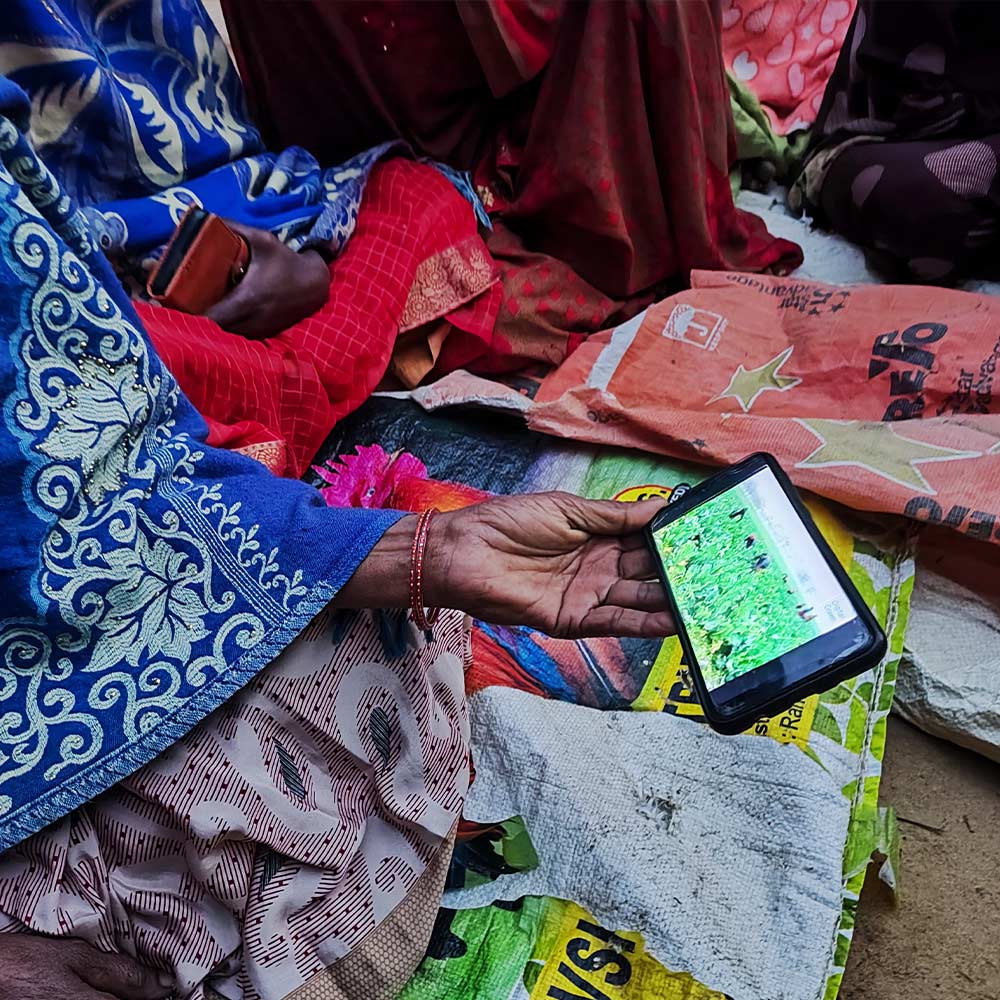 Digital Climate Futures
Digital Climate Futures
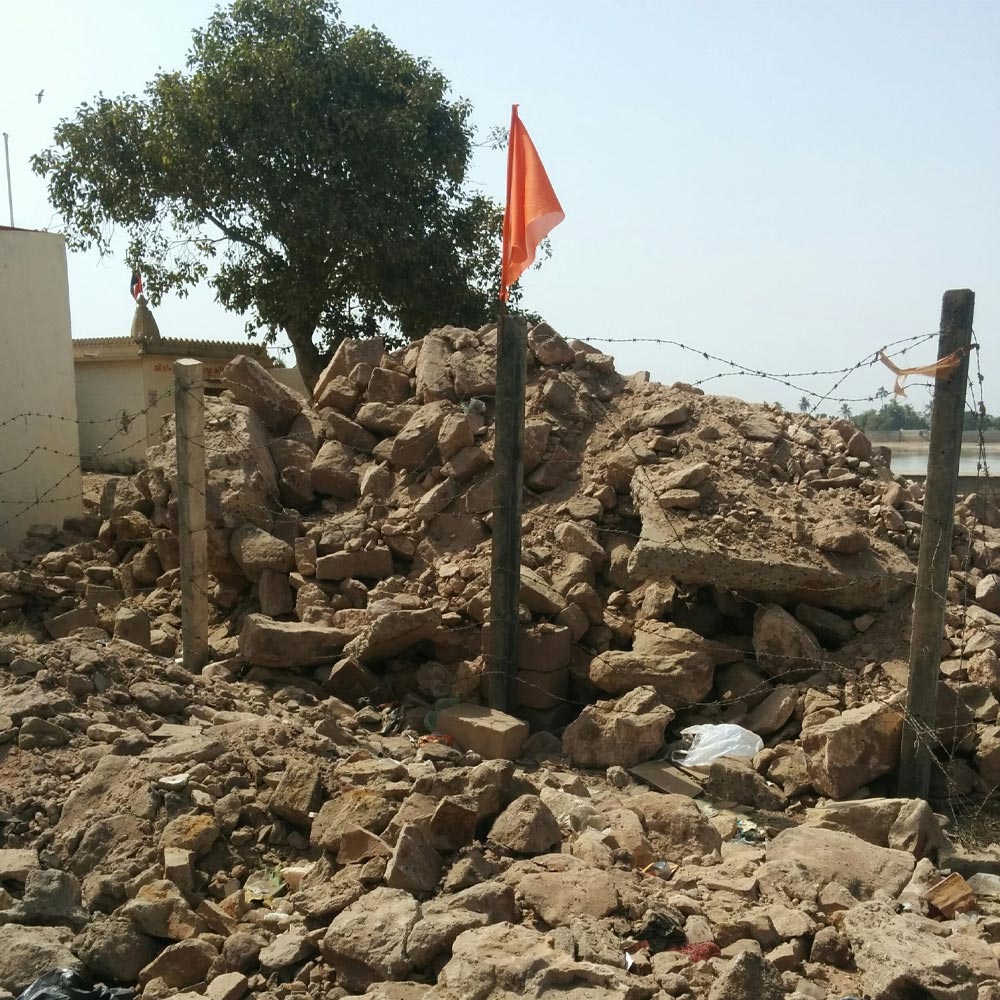 Political afterlife of rubble
Political afterlife of rubble
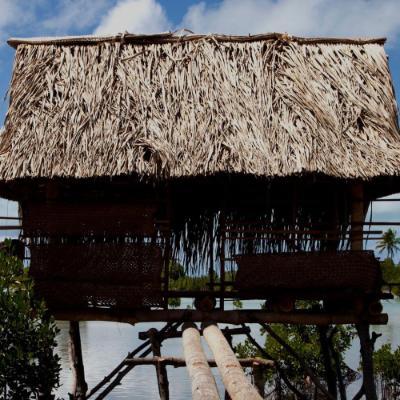 Troubled Waters, Stormy Futures
Troubled Waters, Stormy Futures
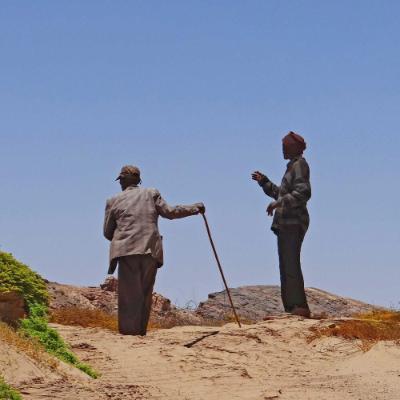 Disrupted Histories, Recovered Pasts
Disrupted Histories, Recovered Pasts
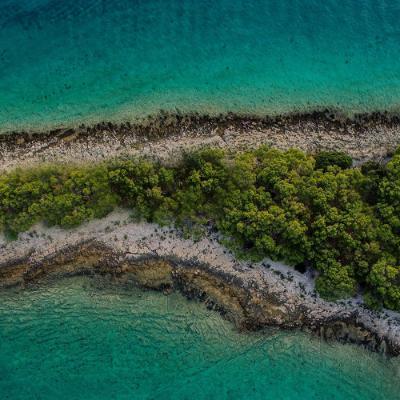 Enduring Connections
Enduring Connections
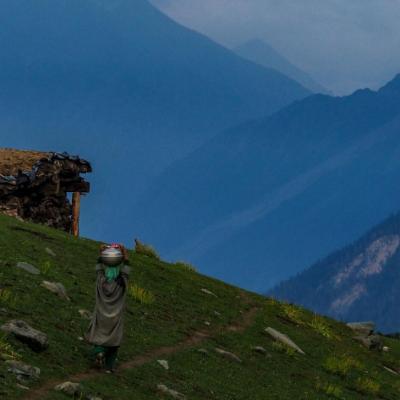 The Art of Healing in Kashmir
The Art of Healing in Kashmir
-400x400.jpg) Future Pasts
Future Pasts
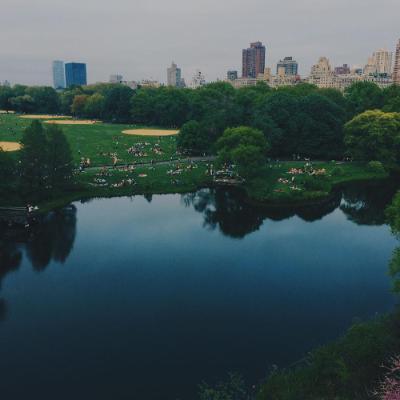 RESPiRES
RESPiRES
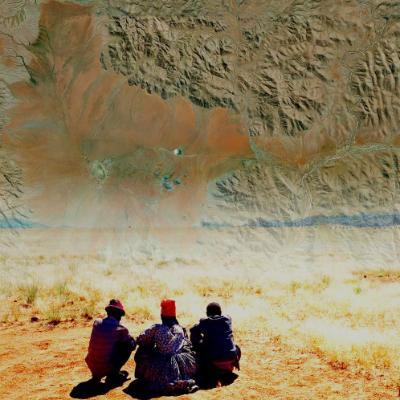 Etosha-Kunene Histories
Etosha-Kunene Histories
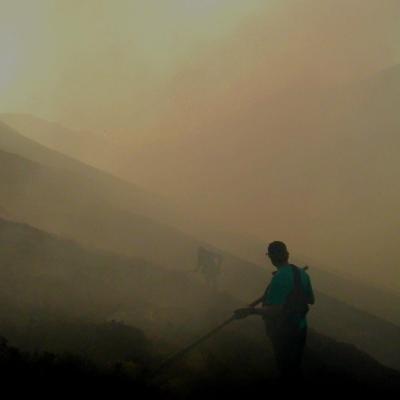 Historical perspectives on wildfires in Ireland
Historical perspectives on wildfires in Ireland
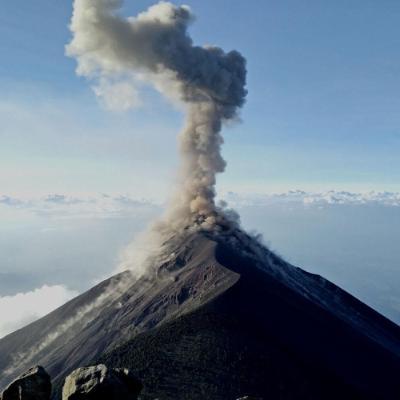 Dynamic Risk at Fuego Volcano
Dynamic Risk at Fuego Volcano
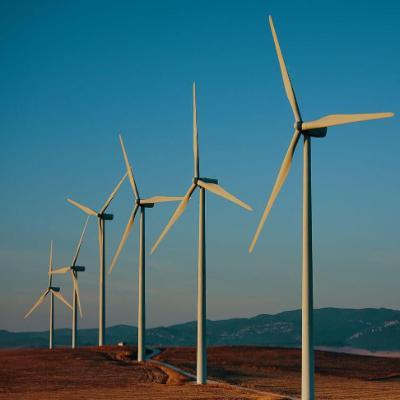 The Last Hurrah: exploring climate change through theatre
The Last Hurrah: exploring climate change through theatre
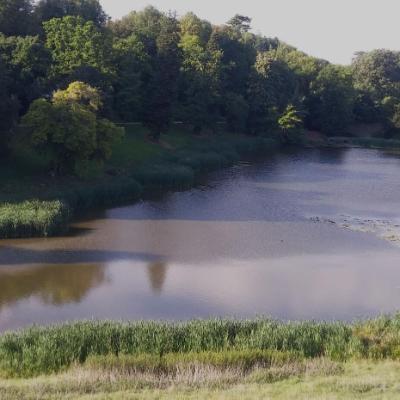 Bath Spa Observer
Bath Spa Observer
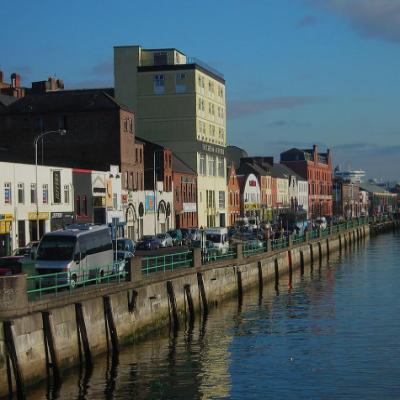 Cork flood defences dispute
Cork flood defences dispute
 HiFlo-DAT Hazard Database
HiFlo-DAT Hazard Database
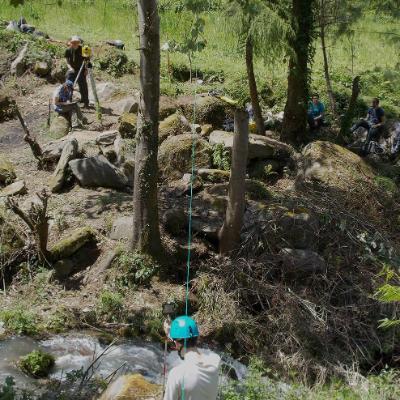 Himalayan Flood Reconstruction
Himalayan Flood Reconstruction
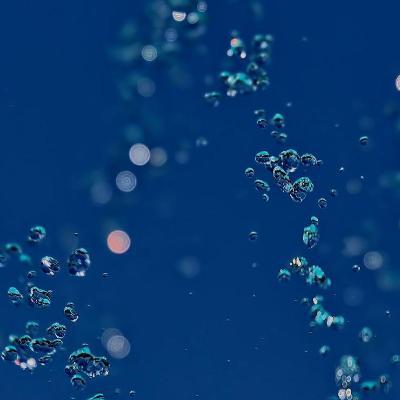 Towards Hydrocitizenship
Towards Hydrocitizenship
 Pathways to Resilience
Pathways to Resilience
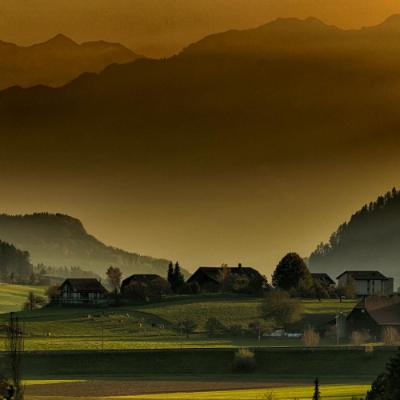 Landscaping Change
Landscaping Change